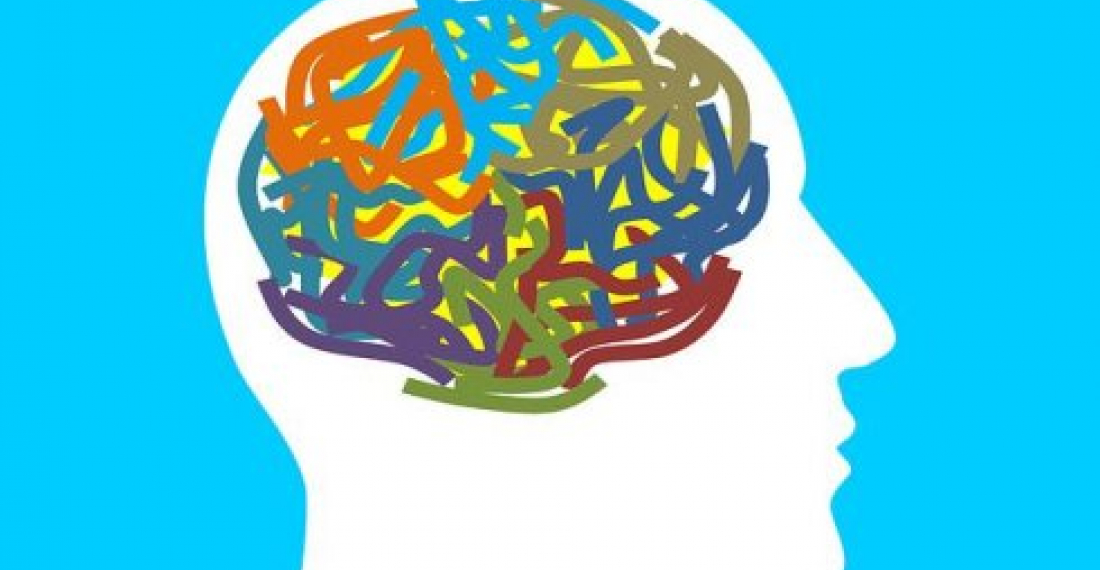- Armenia-Azerbaijan Strategic Expert Platform: Members emphasise the importance of the present moment for the South Caucasus and call for the momentum to be used for the long-term peace and prosperity of the region
- Thursday Interview: Dr. Anar Valiyev
- Food insecurity in Somalia has nearly doubled in the past year
- Türkiye evaluating potential measures in case of a US-Iran conflict
- European Parliament reaffirms support for Ukraine and EU Path
- EU moves ahead with Ukraine loan preparations despite Hungarian block
Staying sane while self-isolating

As the coronavirus continues to take its toll on our day-to-day lives, it's crucial that we pay attention to our mental health. In this article, William Murray presents three ways to keep yourself sane whilst in isolation.
Even for the toughest, the current coronavirus pandemic is a stressful time. On the most basic level, it threatens our health and the lives of our loved ones; puts a stop to our work and education; and has created myriad personnel and professional financial concerns. In order to tackle this thing, we are obligated to surrender our individual liberty, and abandon our familiar and reassuring routines; to stay indoors and watch helplessly as the virus continues to spread. And to add salt to the wound, we are constantly reminded that even after the virus moves on, we are likely to face years of economic chaos, making the global recession of 2008 seem like child's play [1]. It all can seem a little never ending.
But during this critical time, it is crucial that we look after our mental health; for the safety of ourselves and our communities, and to ensure that we remain willing to follow the guidelines set out by our leaders as they charter a course through these choppy waters. Below, I have brought together some simple pieces of advice, which in the long term, could make a real difference to how we all feel.
Stay active and take breaks if 'working from home'. Despite the requirement for many of us to stay indoors, for the sake of our bodies and minds, we must find new ways to exercise. The World Health Organization recommends at least 50 minutes of moderate-intensity or 75 minutes of vigorous-intensity physical activity per week, and has produced a guide with examples of exercises that can be done in your living room [2]. There are also many Youtube channels providing satisfying and strenuous workouts that can be done without leaving the house [3].
Keep up a daily routine. Whilst many of us will be working from home or not able to work at all, it is crucial for our mental health to sustain a relatively-normal, day-to-day routine. Studies show that routines provide stability and continuity, which is especially important in times of stress [4]. Veteran war and disaster correspondent, Judith Matloff, writes that this starts with setting a schedule for rising, meals and bedtime, and doing little things such as getting properly dressed every morning [5].
Limit the amount of time you spend exposed to the news cycle. Whilst it's important to stay up to date with what is going on, especially in terms of virus guidelines, there is such a thing as over exposure to news. Headlines are engineered to grab our attention and can exacerbate unconstructive feelings of worry and helplessness [6]. To avoid becoming overly stressed-out, try to limit the amount of time spent browsing news websites or watching the television. It's also good to remind yourself that there are positive things happening in the world - The Good News Network publishes daily uplifting stories that do exactly this [7].
Source: This short article was prepared by William Murray for commonspace.eu. It is part of our series of public service announcements aimed at helping our readers deal with issues related to the coronavirus pandemic and its effects.
Featured references
[1] The New York Times - 'Why the Global Recession Could Last a Long Time': https://www.nytimes.com/2020/04/01/business/economy/coronavirus-recession.html
[2] The World Health Organization - 'Stay physically active during self-quarantine' http://www.euro.who.int/en/health-topics/health-emergencies/coronavirus-covid-19/novel-coronavirus-2019-ncov-technical-guidance/stay-physically-active-during-self-quarantine
[3] A. Bradford, CNET - 'The best YouTube channels for getting in shape at home': https://www.cnet.com/how-to/youtube-fitness-channels-for-getting-in-shape/
[4] F. Koome, C. Hocking, D. Sutton, 'Why Routines Matter: The Nature and Meaning of Family Routines in the Context of Adolescent Mental Illness': https://www.tandfonline.com/doi/abs/10.1080/14427591.2012.718245
[5] J. Matloff, Columbia News - 'Stay Calm and Create a Daily Routine During the COVID-19 Crisis': https://news.columbia.edu/news/stay-calm-and-create-daily-routine-during-covid-19-crisis
[6] MedicalNewsToday - 'Anxious about the news? Our top tips on how to cope': https://www.medicalnewstoday.com/articles/327516
[7] The Good News Network - https://www.goodnewsnetwork.org/








